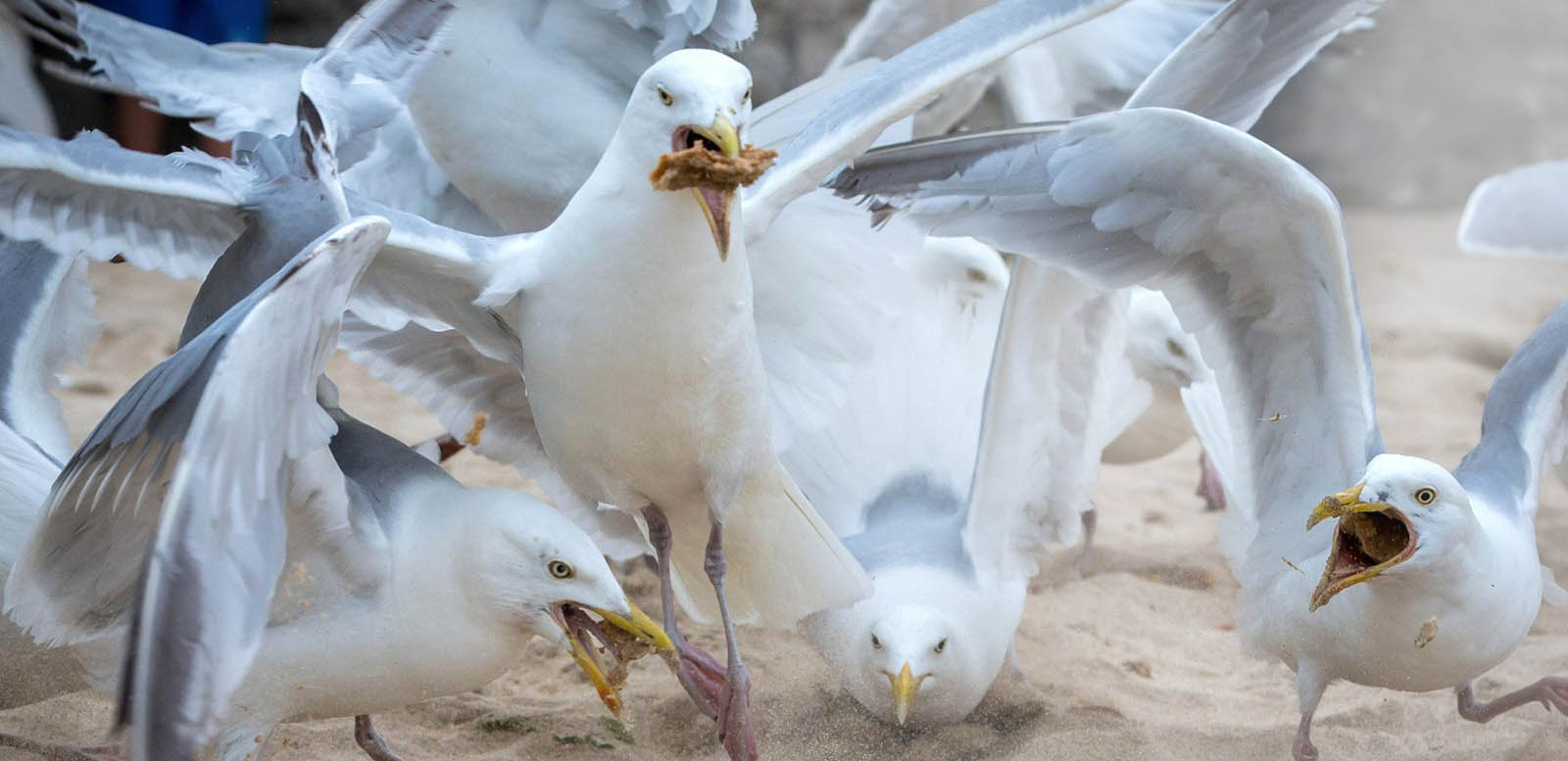
Seagulls are a common sight in coastal areas and are often seen as a symbol of the seaside.
However, they can become a nuisance when their populations grow too large and they start to cause problems for humans and the environment. Here are some reasons why it is important to control seagull populations:
Health Risks: Seagulls can carry various diseases, parasites, and bacteria that can be harmful to humans. Their droppings can also contain pathogens that can cause respiratory infections and other health problems.
Property Damage: Seagulls can cause significant damage to buildings, vehicles, and other property. They often nest on roofs and can cause damage to the structure and the roof itself.
Noise Pollution: Seagulls are known for their loud, persistent calls, which can be disruptive to those living or working nearby. Their noise can also cause stress and sleep disturbances, particularly during nesting season.
Environmental Impact: Seagulls can have a negative impact on the environment by disrupting ecosystems and preying on native bird species. They can also contribute to the spread of invasive plant species by spreading seeds in their droppings.
Overall, controlling seagull populations is important to prevent health risks, property damage, noise pollution, and environmental impact. This can be achieved through a combination of methods, such as reducing food availability, modifying habitat, and implementing humane deterrents. It is important to use effective and humane methods to ensure that seagulls are controlled in a responsible and ethical manner.

Call 08455 192 486 today to arrange a no obligation survey of your bird or pest control infestation.